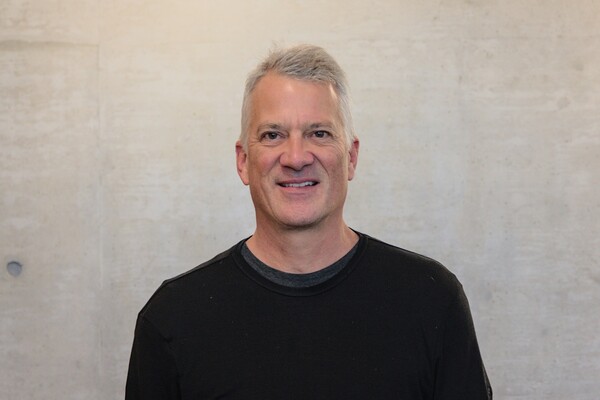Main Second Level Navigation
Jan 12, 2022
Canada Research Chairs will Bolster Study of Brain Disorders, Cell-Cell Communication, Muscle Aging
Appointments, Faculty, Research Funding

Donnelly Centre investigators Penney Gilbert, Ben Blencowe and Mikko Taipale are among the U of T faculty who have received prestigious Canada Research Chair appointments.



